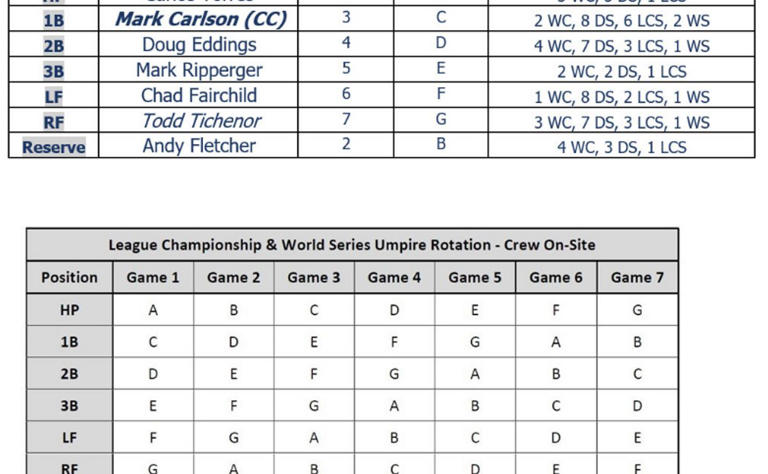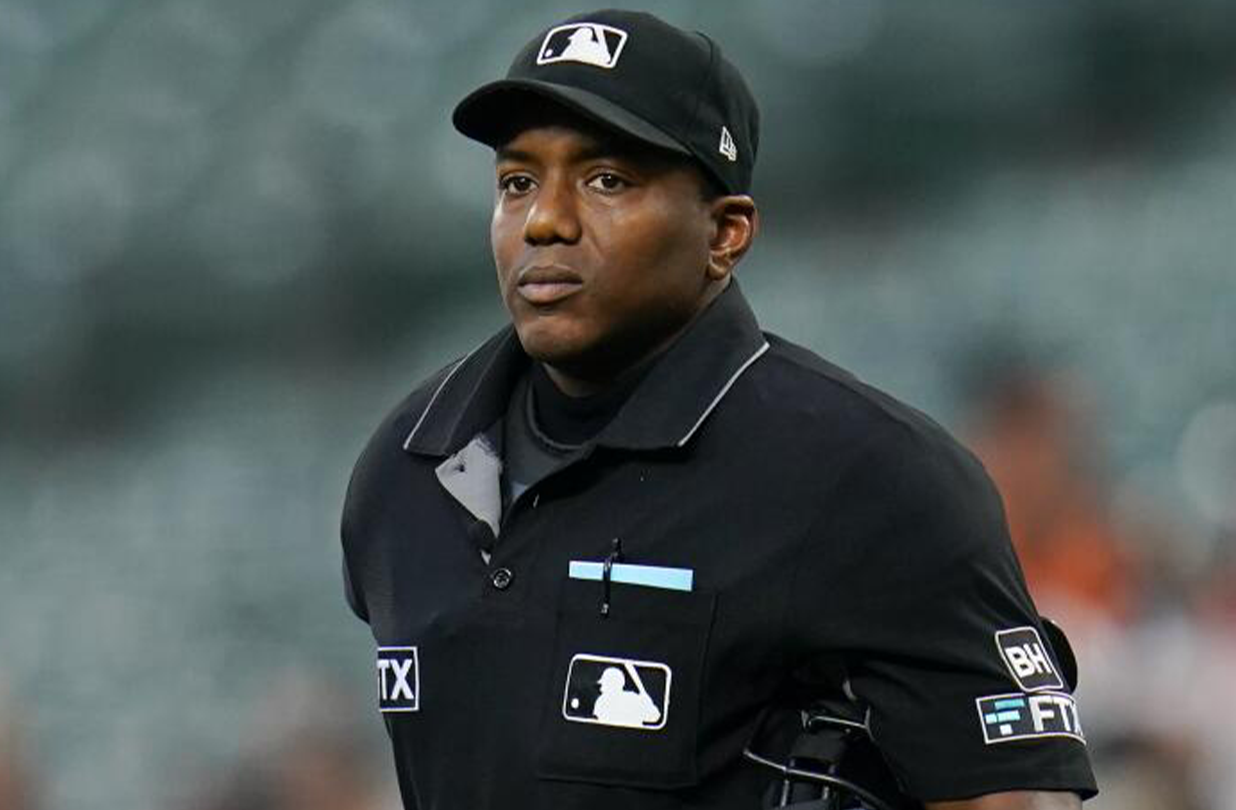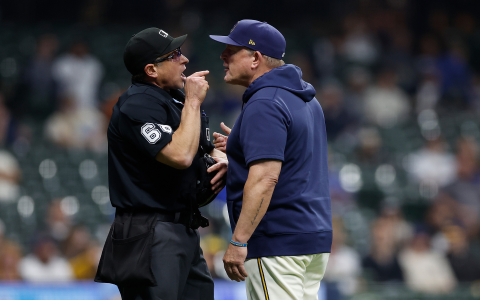Alright folks, lemme tell you about my deep dive into the world of umpire salaries. It all started with a casual conversation at a baseball game. I was griping about a bad call (as you do!), and someone mentioned how much umpires actually make. My curiosity was piqued.

So, I did what any self-respecting internet sleuth would do – I Googled it. “how much does a umpire make” – simple and to the point. The initial results were all over the place, ranging from peanuts to what seemed like a decent living. That’s when I knew I needed to dig deeper.
First, I narrowed my search. I needed to know what kind of umpire I was talking about. Little League? High School? College? The Pros? It makes a HUGE difference. So, I started breaking it down.
- Little League: My local Little League website had info about volunteer umpires, but also mentioned paid positions for tournaments. I emailed the league coordinator to ask about the pay rate for those tournaments. Turns out, it’s more of a “gas money and a hotdog” situation. Think $20-$30 per game, if you’re lucky. Good for teenagers, not exactly a career.
- High School: This was a bit trickier. I found my state’s athletic association website and looked for officiating information. Buried deep in the bylaws, there was a pay scale for umpires. It varied based on experience, but seemed to hover around $70-$100 per game. Still not a fortune, but a step up. I even managed to find a local officiating association’s contact info and fired off an email asking for more details on required training and certification.
- College: College umpiring seemed like the sweet spot for amateur leagues. More prestigious, likely better pay. I looked up the NCAA’s officiating guidelines for baseball. The information was less transparent here. After some serious Googling, I stumbled upon some forum threads where umpires discussed their experiences. They mentioned needing to attend specific training camps and being assigned games based on a rating system. The pay varied wildly, but it sounded like you could make a decent supplemental income if you were good and dedicated.
- The Pros (MLB): This is the big leagues, baby! Obviously, the pay is significantly higher. I cross-referenced various sports news sites and salary databases. Rookie umpires can start around $150,000 a year, and veterans can make upwards of $400,000. Of course, these guys are traveling constantly and dealing with immense pressure. Not for the faint of heart!
I even tried looking up union information for umpires. Turns out, MLB umpires are represented by the Major League Baseball Umpires Association (MLBUA). Their website didn’t have specific salary information, but it did have resources about becoming an umpire and the training involved. It’s a serious commitment!
My final verdict? Being an umpire, unless you make it to the MLB, is more of a passion than a profession. You’re not going to get rich doing it, but if you love baseball and have a thick skin, it could be a rewarding way to stay involved in the game and earn some extra cash on the side.
So, that’s my umpire salary investigation! Hope you found it insightful. Now, if you’ll excuse me, I need to go practice my “safe” and “out” calls in the mirror. You never know when opportunity might knock!















